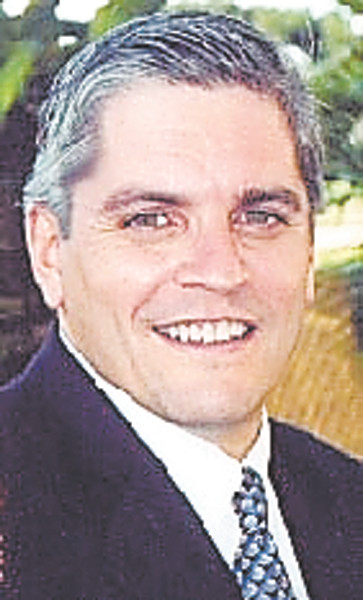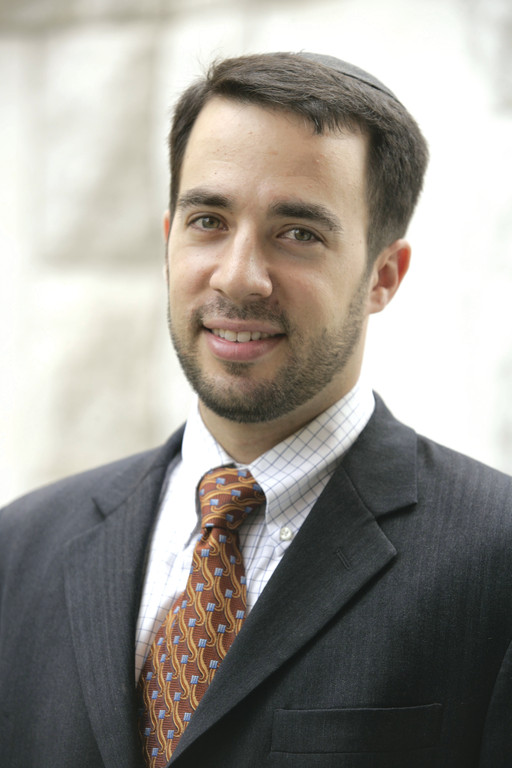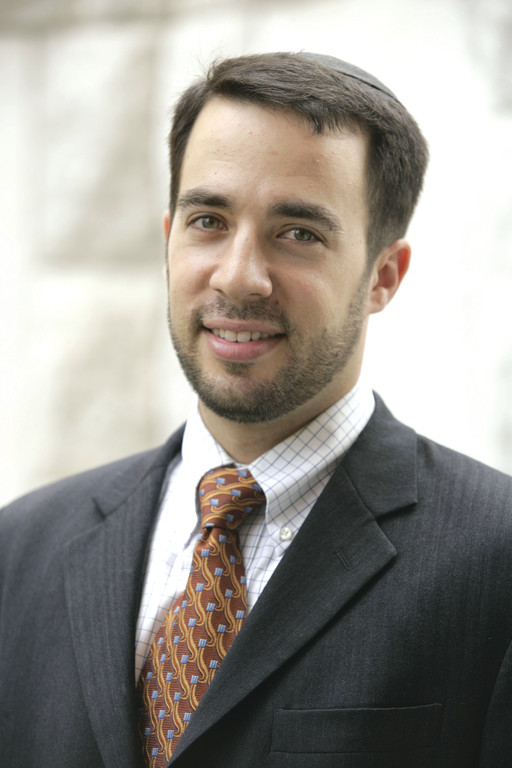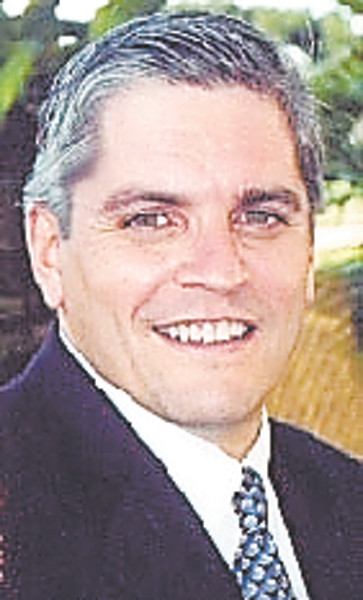Torah Columns
1740 results total, viewing 1431 - 1440
|
Three thousand years ago, King Solomon wrote in the book of Kohelet (Ecclesiastes) that there is a time and a season for everything under the sun.
“A time to sing, and a time to dance, a time to rejoice and a time to mourn, a time to reap and a time to sow.” And, like all things, there is a time to ask questions and a time to remain silent."
In the Israeli army, there is a type of question known as a she’elat kitbag or kitbag question.
more
By Rabbi Binny Freedman
|
5/21/14
|
|
The beginning of our new book informs us of the order of travels, and how the people encamped around the Mishkan (Tabernacle). Those most immediately around the Mishkan were the Levite families, whose jobs consisted of carrying the different parts of the Mishkan.
more
By Rabbi Avi Billet
|
5/21/14
|
|
January 6, 1944. Snow on the ground; bitter cold; the sun hides behind the dark grey clouds over the harsh landscape of Auschwitz. Four gallows; four nooses, swaying in the wind.
The members of the SonderKommando (special units) were responsible for removing the bodies from the gas chambers and burning them in the infamous crematoria.
more
By Rabbi Binny Freedman
|
5/14/14
|
|
The final chapter of the book of Vayikra delves into the topic of Endowments and Valuations, essentially answering the question of what value humans, animals and properties have if a person makes a pledge to the Mishkan based on the value of another human being, etc.
more
By Rabbi Avi Billet
|
5/14/14
|
|
It is worthy to note that one of the most famous quotations from the Torah that has been adopted as part of American history was actually originally used, in a sense, in a proper context.
more
Rabbi Avi Billet
|
5/7/14
|
|
At the beginning of Parshat Emor, Moshe is instructed to inform the Kohanim of a few important rules for them to follow in order to maintain their taharah (purity) that allows them to serve the general Jewish society’s spiritual needs.
more
By Rabbi Avi Billet
|
4/30/14
|
|
There is a legend regarding Moses Mendelssohn, the grandfather of the well-known German composer, who was far from being handsome (long with a rather short stature, he had a grotesque hunchback). One day he visited a merchant in Hamburg who had a lovely daughter named Frumtje.Moses fell helplessly in love with her, but Frumtje was repulsed by his misshapen appearance.
more
By Rabbi Binny Freedman
|
4/30/14
|
|
Parshat Kedoshim begins with the charge to the children of Israel to be kedoshim, G-d is, He explains, Himself kadosh.
The words kedoshim and kadosh have several possible meanings.
more
By Rabbi Avi Billet
|
4/23/14
|
|
The sound of the train pulling in to the Kfar Saba station filled the air on another beautiful afternoon. Hundreds of people getting on and off a second train across the platform, beneath the beautiful new glass and stone ceiling of the modern new station opened only two weeks before.
more
By Rabbi Binny Freedman
|
4/23/14
|
|
Pesach always brings back images of blood — blood as a sign on the doorpost, that is.
The Shakh, in his commentary on Parshat Bo, claims the blood that was placed on the doorposts was a combination of the blood of the lamb and blood gathered in a major circumcision festival that was necessary to allow people to partake of the Korban Pesach (Paschal lamb).
more
By Rabbi Avi Billet
|
4/9/14
|

 54.0°,
Overcast
54.0°,
Overcast 


